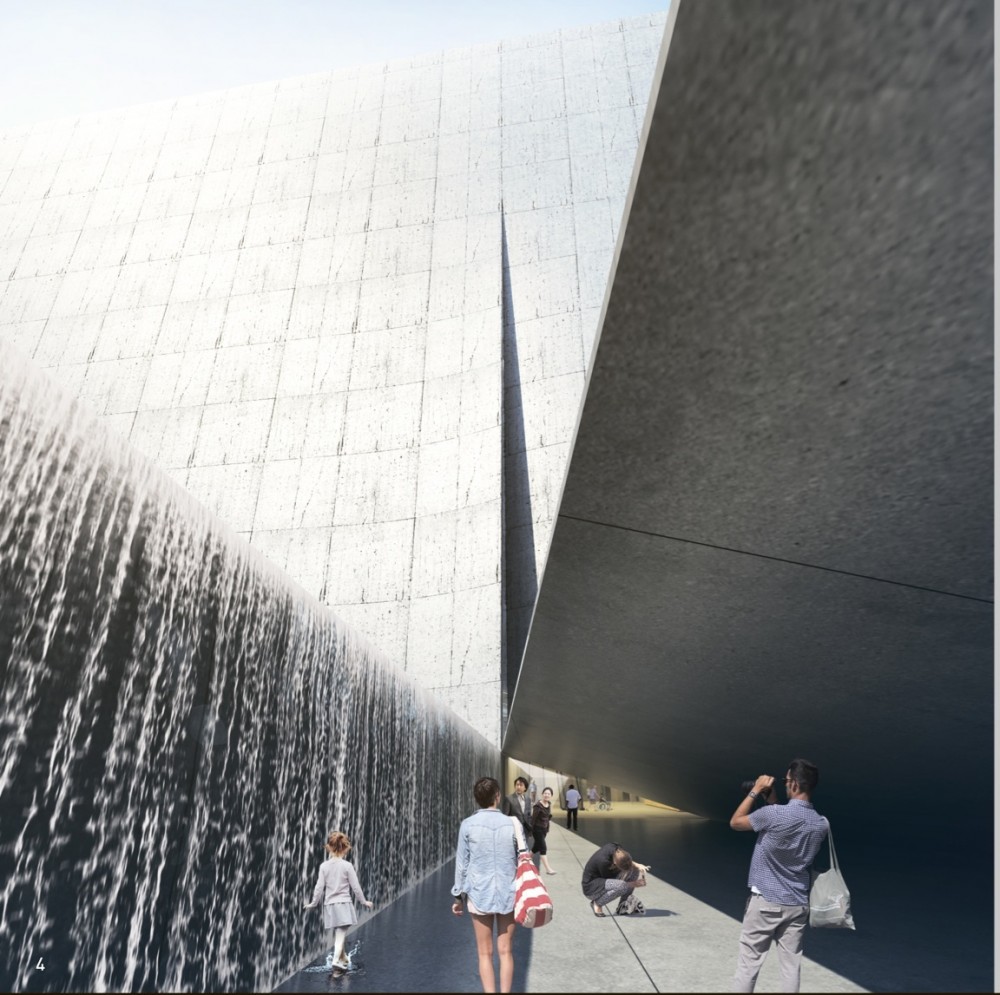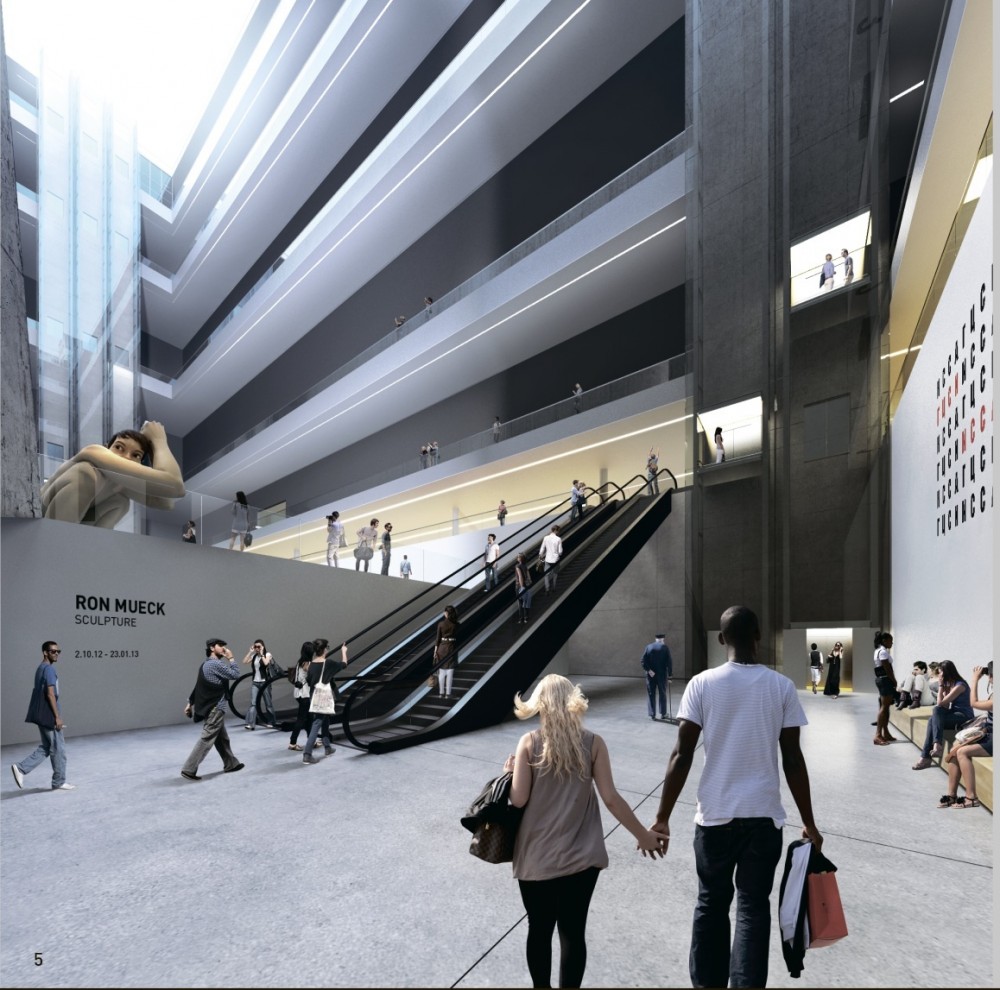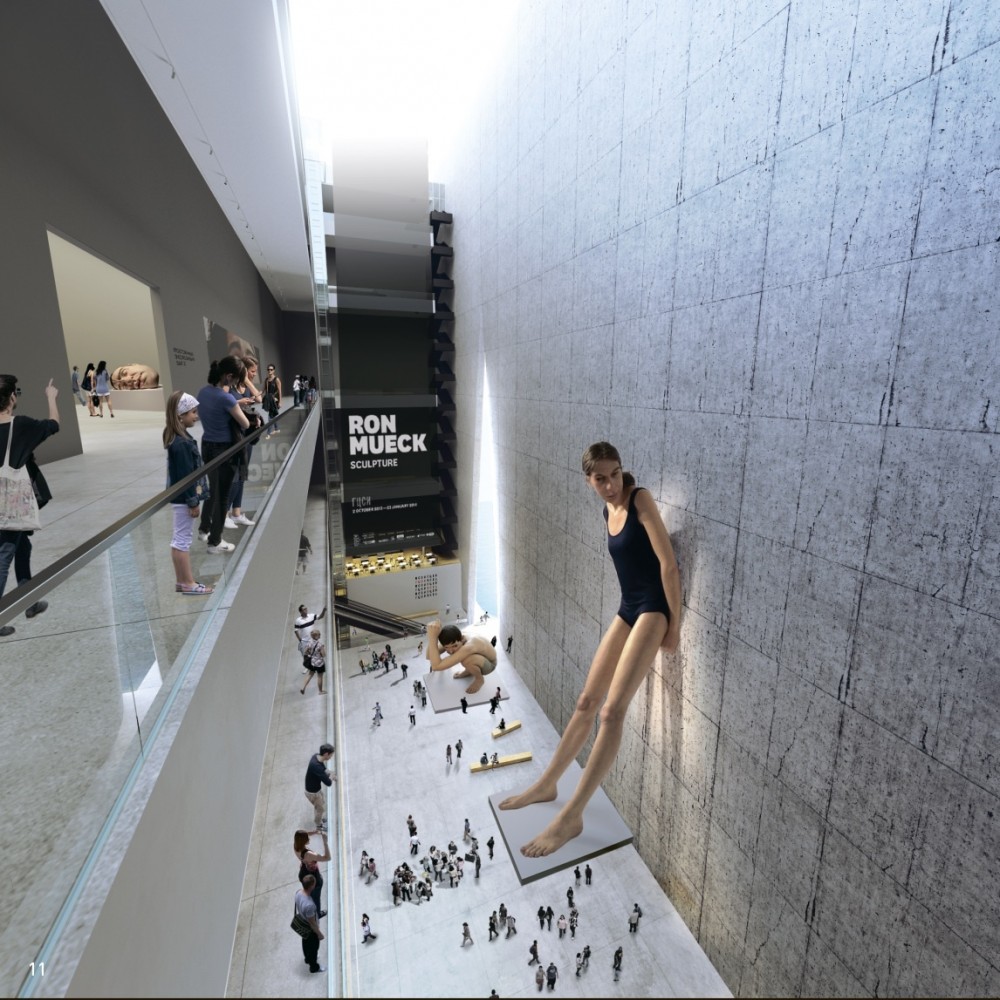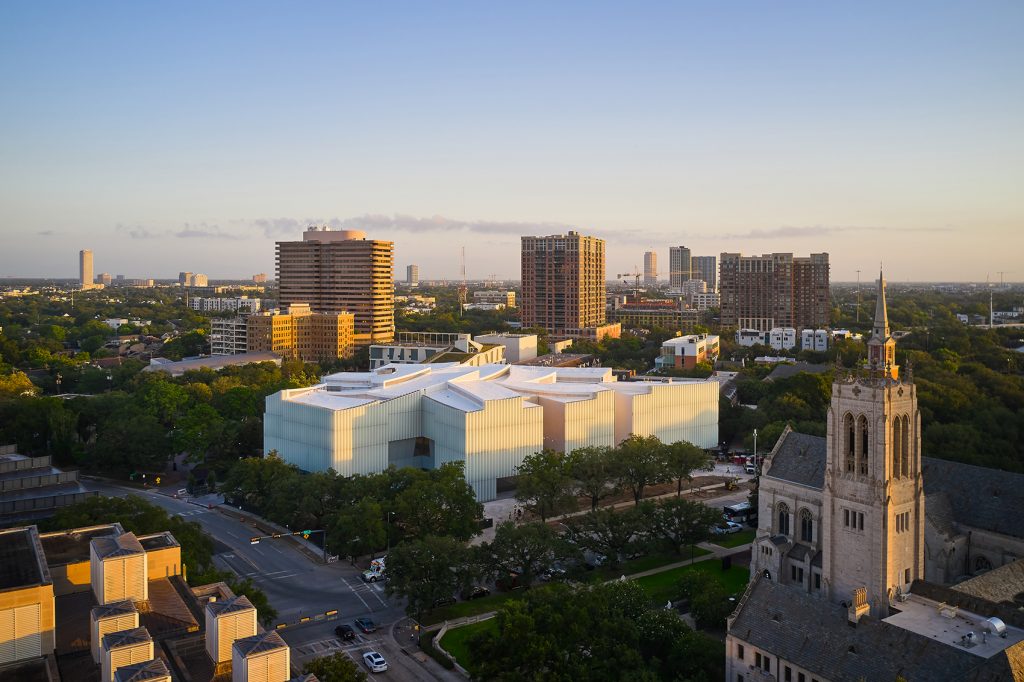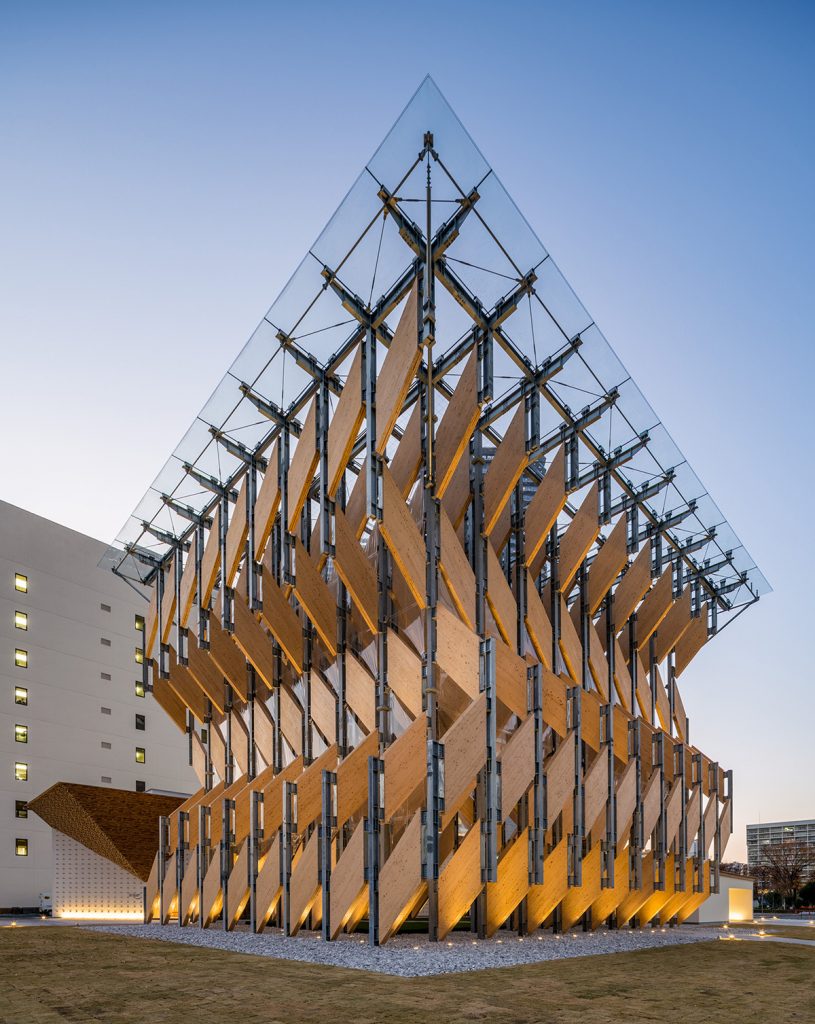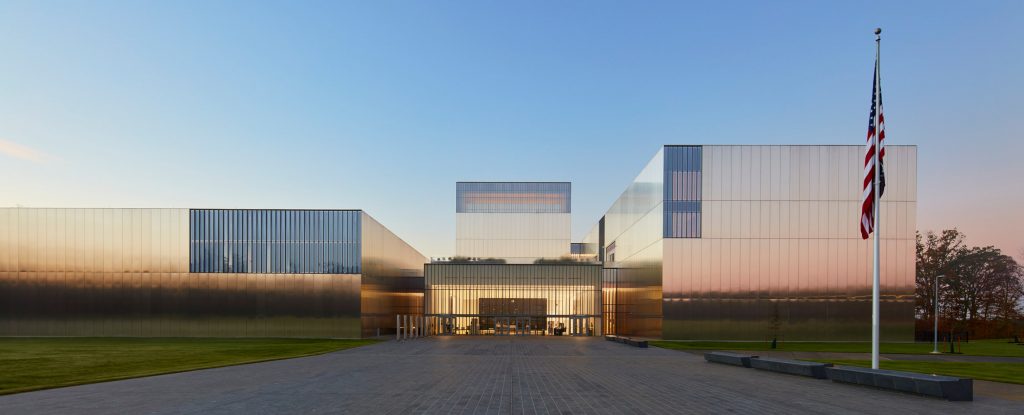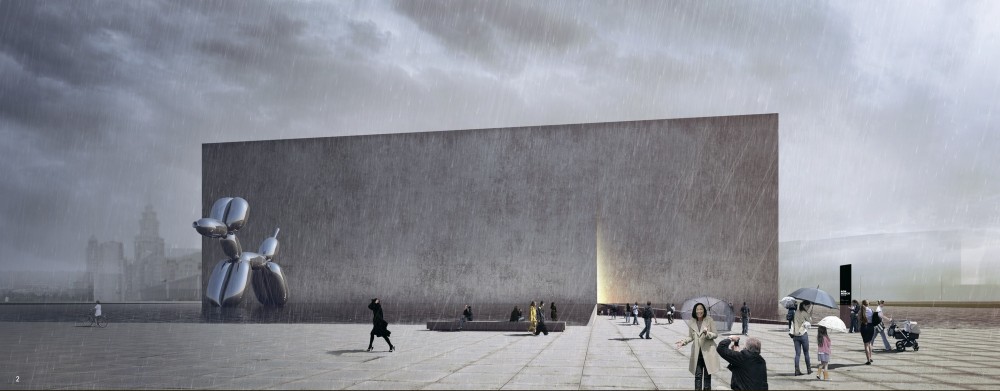 Courtesy of UNK Project Architects
Courtesy of UNK Project Architects
UNK Project Architects‘ entry for the Ministry of Culture of the Russian Federation’s National Centre for Contemporary Arts (NCCA) competition centres around the interplay between art and architecture: “It’s what touches our soul and motivates us to pursue radical new ideas.” Reaching the second stage of the international competition, which has been won by Heneghan Peng Architects, UNK Project Architect’s proposal offers an intriguing, “almost airtight” space veiled by a monolithic façade facing landscaped urban space in the centre of Russia’s capital.
Contemporary art is “the fine line between the obvious and the unpredictable, the simple and the impossible, the understandable and the unintelligible, the monotonous and the exhilarating.”
On the premise that the NCCA is “the architectural embodiment of this fine line, the border space, the curtain behind which lies the answers to the cultural issues affecting us today,” the building, artificial lake and surrounding park represent a single surface, or “a clean canvas ready for creative experiments.” A monolithic wall marks the border, “symbolizing the line beyond which the joy of modern art can be experienced.” This feature wall also conceals all service areas for the shopping centre located adjacent to the museum complex.
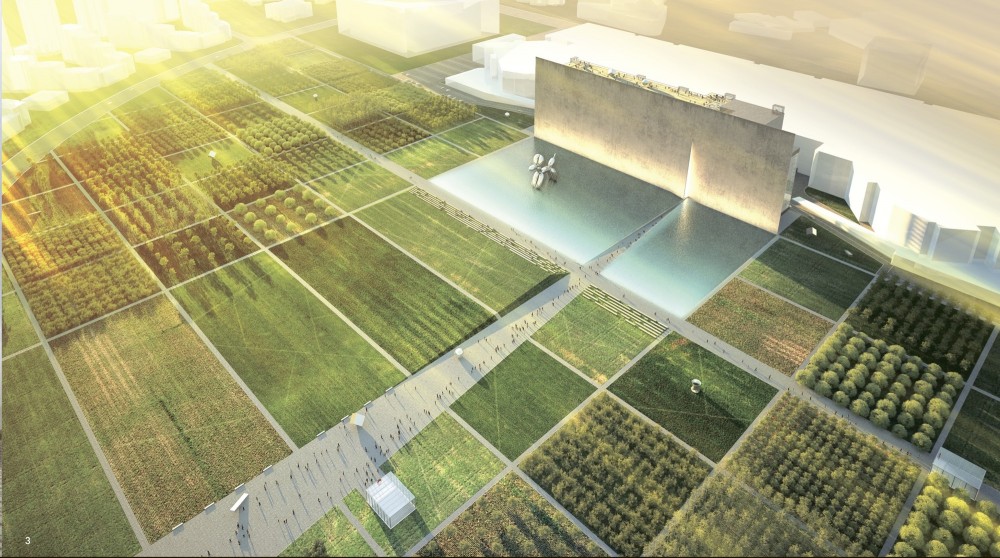
The main boulevard “represents the path to art, a ray of light, penetrating through the crevasse, illuminating the surrounding park with a brilliant specter of light.” According to the architects, the form of the building is inspired by the works of a number of contemporary artists: “The folded canvas comprising of a monolithic wall and artificial lake is reminiscent of The Black Square by Kasimir Malevich, 1915; the slender aperture through the canvass forming the entry path and main entrance resembles the Concetto spaziale attesa by Lucio Fontana, 1964; park “Khodynka” in front of the NCCA building takes inspiration fromComposition in Red, Blue and Yellow by Piet Mondrian 1937–1942.”
The architectural concept provides a place “where works and compositions, created in search of enlightenment and artistic epiphany are presented to the public. Entry to this space is provided via a slender, almost concealed aperture, opening the world of art to all those drawn to it.”